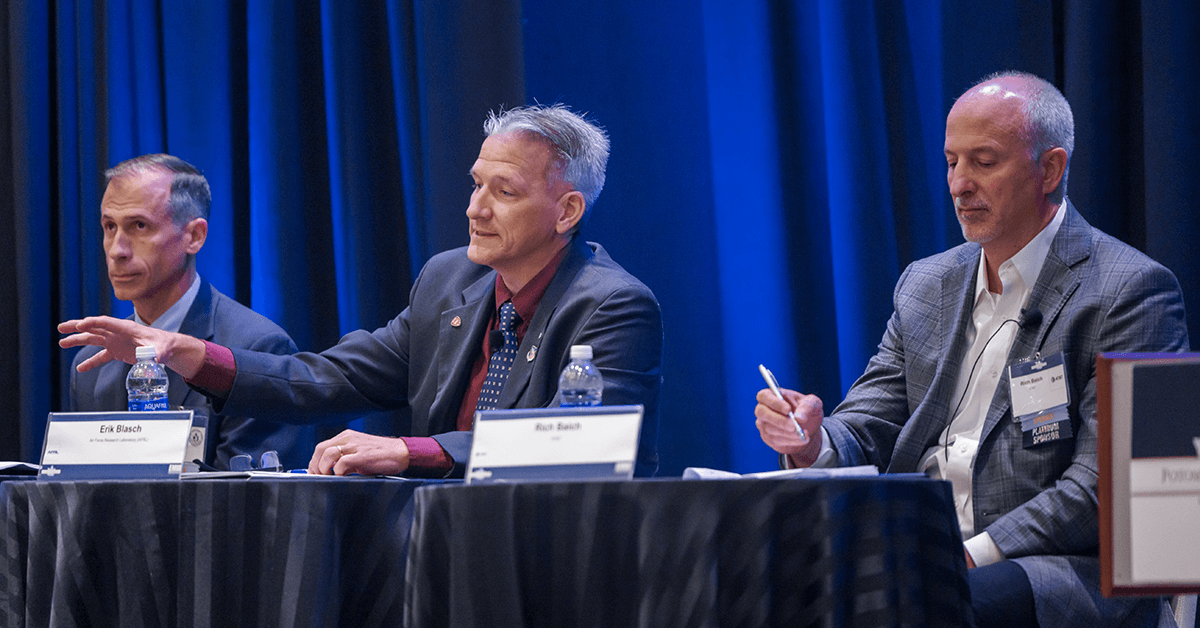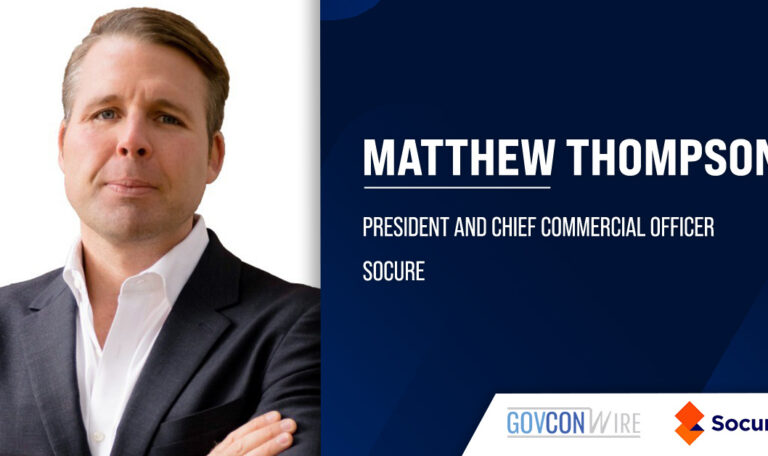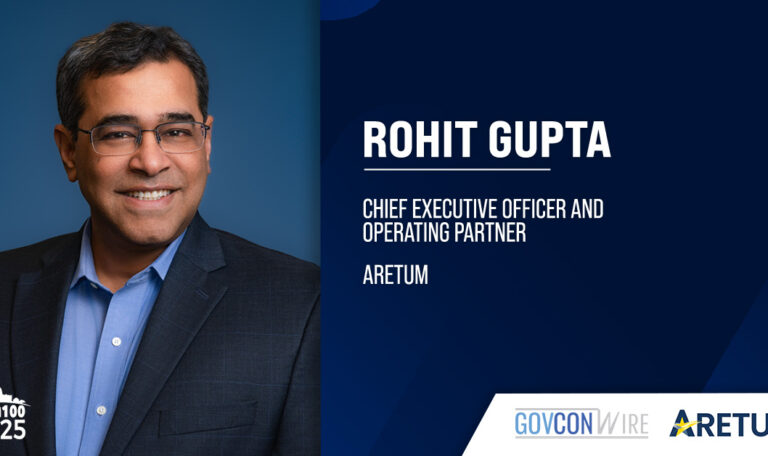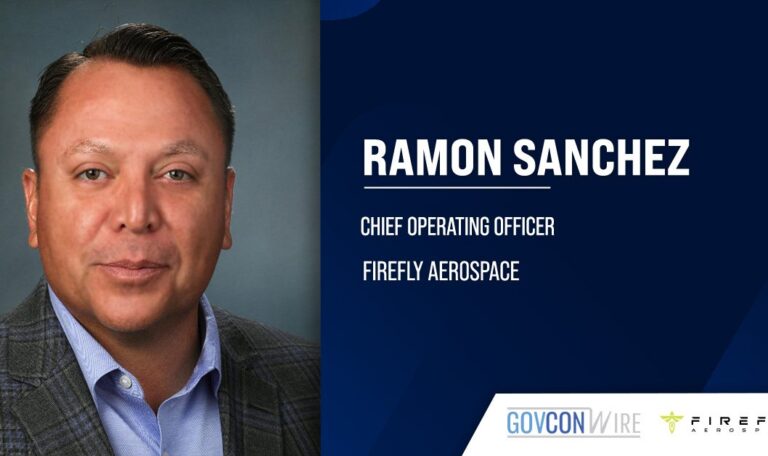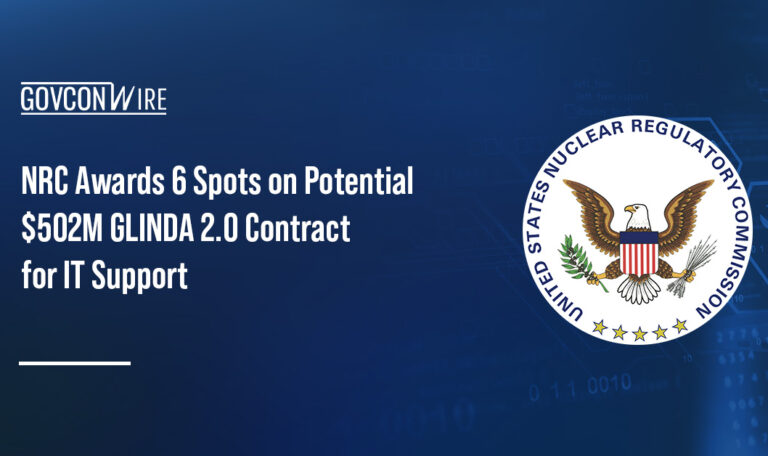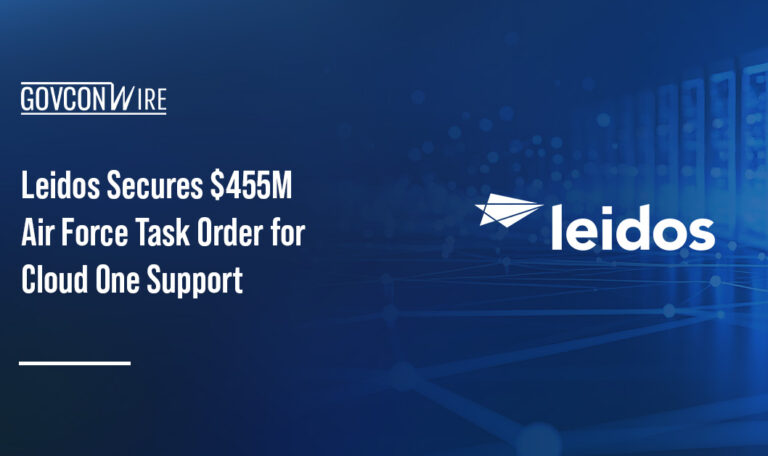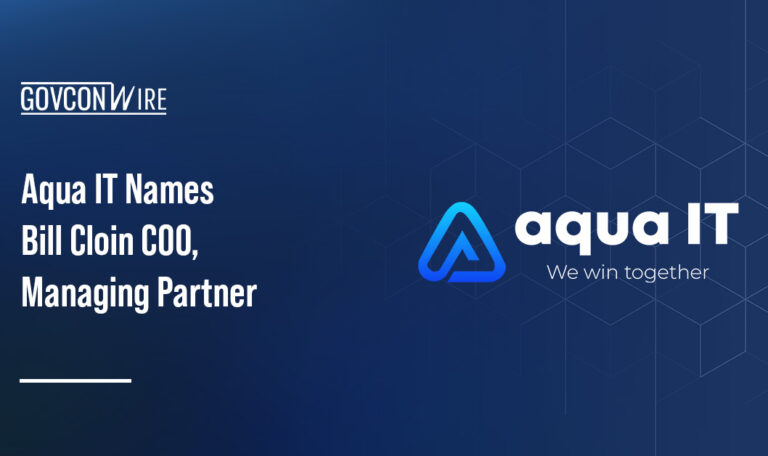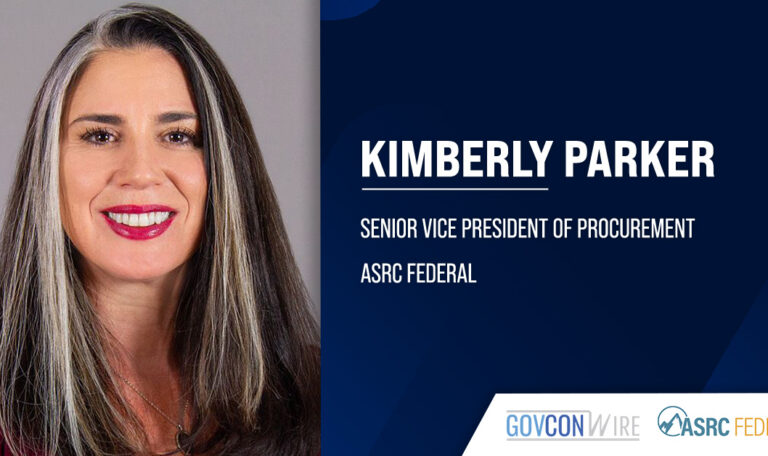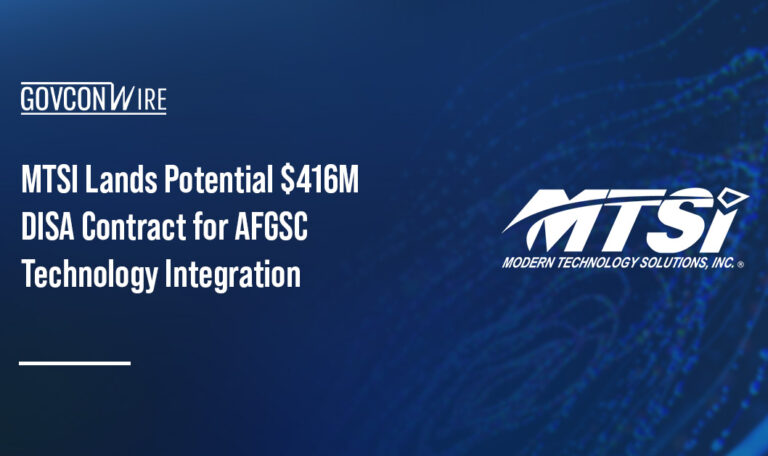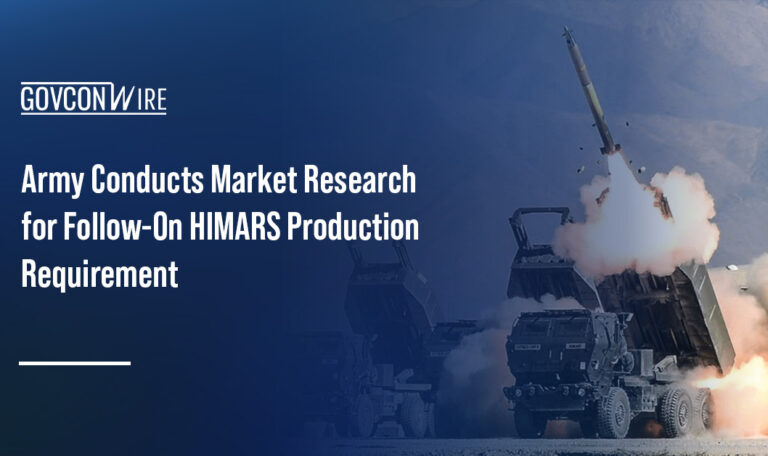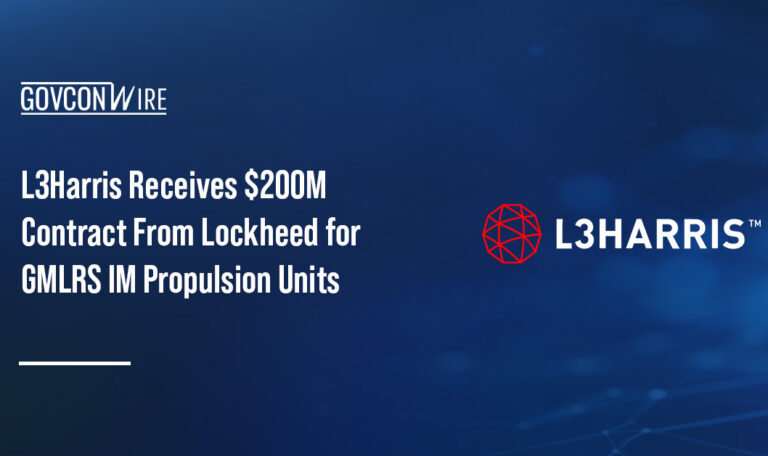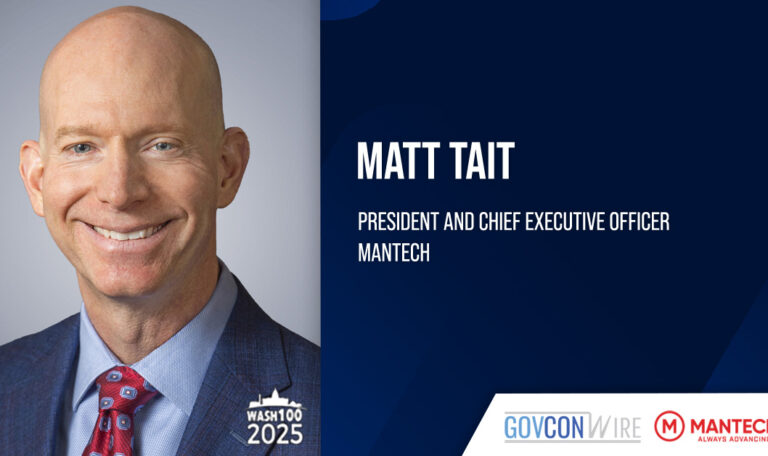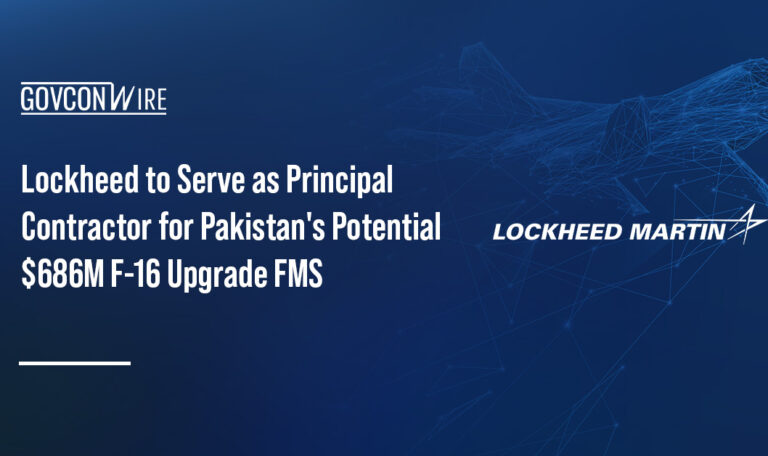The Intelligence Community is in the midst of a major effort to become a data-centric, interoperable team of organizations. This push is shaped by new technologies and new approaches to information sharing, but leaning into the tools needed to unlock the benefits of data requires trust and assurance.
Artificial intelligence, though a significant factor in the IC’s strategy for handling large amounts of data, is often misunderstood, Rich Baich, senior vice president and chief information security officer of AT&T, noted during a panel discussion at the Potomac Officers Club’s 2024 Intel Summit last week.
“AI is dependent upon data. It’s the quality of the data, it’s the speed of access to data, and of course, the algorithmic solutions associated with AI and the modeling that’s put into place that drives the result of AI,” he said.

While the vast expanse of data available today offers numerous opportunities for government agencies, “we have to be a little more deliberate in the Department and Defense and IC about where the data’s coming from,” said Mark Munsell, director of data and digital innovation at the National Geospatial-Intelligence Agency.
When training models — he used computer vision models, which “replicate human cognitive ability” to “recognize things in context upon an image” as an example — agencies “have to ensure that the data’s feeding them, the data that’s training them is high quality and good.”
Erik Blasch, program officer at the Air Force Office of Scientific Research, said there are three components to data assurance: determining what assured data agencies have, identifying the appropriate process for sharing data and applying generative approaches.
As the federal government continues to adopt AI, agencies have recognized that more data is needed to help these algorithms make accurate predictions. Agencies have a limited amount of data that has already been verified and labeled by experts, and they are turning to other data sources to address this challenge.
Though this data should not be used for decision making without careful oversight, Blasch said, it presents an opportunity to train AI systems on how to spot and ignore bad data.
Today, federal agencies and industry partners have varying standards for data assurance and data sharing. According to Ian Fowlie, chief of engineering within the Defense Intelligence Agency’s Office of the Chief Information Officer, the first step to overcoming this hurdle is determining the implications of spreading data across multiple organizations.
Different missions pull information from separate data lakes and have distinct metadata connected to them. Moving forward, DIA is focused on how it can “extrapolate that and elevate that at an IC or DOD level so we can actually bring that together,” Fowlie said.
“For us, that looks to be something in the space of a transformation of the metadata to a common standard across the IC,” he stated.
The lack of “authorities in place on what data can be shared, which transcends across government,” is a major challenge that also impacts the ability of industry to collaborate with federal agencies, Baich noted.
“When you start looking at it from a classification standpoint, that causes tremendous strife and an inability to innovate,” he said.
The way organizations can address this issue, he continued, is establishing “one common data — in this case information sharing — format that could be used, which would create an environment where “anybody can have the systems anywhere and the data pools of where that information come from can easily then be deployed across many different systems.”
“By design, government programmatics do not promote data centricity. They do not promote application interoperability,” Munsell added.
“It’s going to have to be graduated with new programmatics. At some point, you have to let the developers talk to the users,” he continued.

The Potomac Officers Club will host its next event, the first-ever GovCon International Summit, on Oct. 10. At this all-day affair, you will get the chance to learn about how the U.S., its allies and industry partners across the globe are working together to address the top geopolitical challenges of today. To learn more and register to attend the summit, click here.


